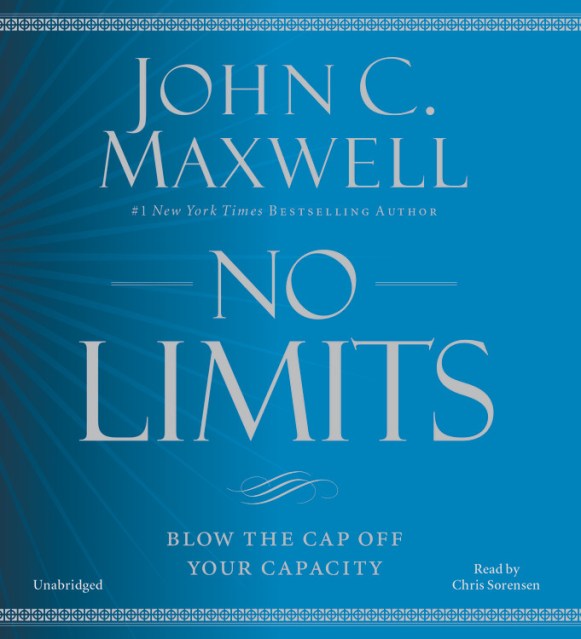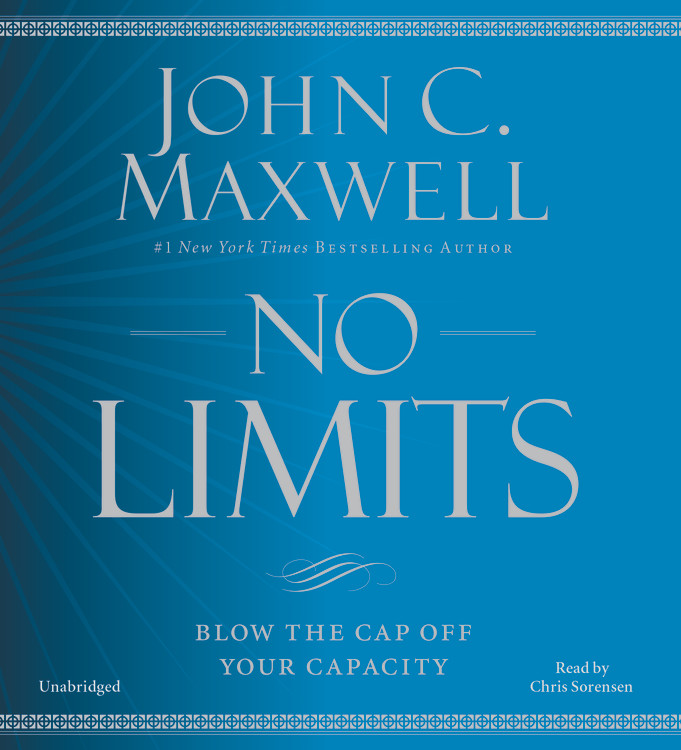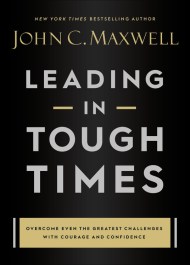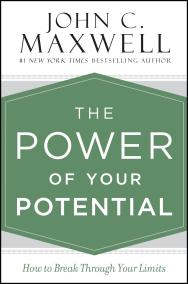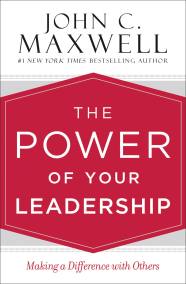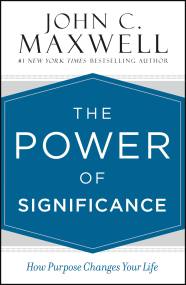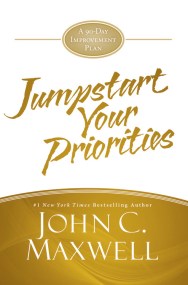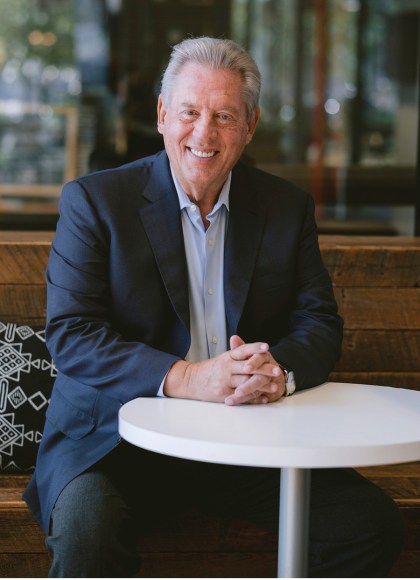By clicking “Accept,” you agree to the use of cookies and similar technologies on your device as set forth in our Cookie Policy and our Privacy Policy. Please note that certain cookies are essential for this website to function properly and do not require user consent to be deployed.
No Limits
Blow the CAP Off Your Capacity
Contributors
Read by Chris Sorensen
Formats and Prices
- On Sale
- Mar 7, 2017
- Publisher
- Hachette Audio
- ISBN-13
- 9781478924395
Format
This item is a preorder. Your payment method will be charged immediately, and the product is expected to ship on or around March 7, 2017. This date is subject to change due to shipping delays beyond our control.
Buy from Other Retailers:
-
"Drive. Focus. Commitment. I ask this from all of my players because they are essential qualities for success on the court. In INTENTIONAL LIVING, John Maxwell shares how the same qualities are necessary for life. John's ability to share from his own experience inspires the reader to believe they can have a life that matters if they want-and gives the reader tools to make that dream a reality."John Calipari, National championship head coach and 2015 Naismith Memorial Basketball Hall of Fame inductee
-
"Thought-provoking and encouraging...with hundreds of questions designed to help readers in their quest for personal and professional growth. Clear and inspiring, this is a great approach to leadership."Publishers Weekly on Good Leaders Ask Great Questions
-
"An intriguing look at leadership with practical advice makes this book beneficial to. . .anyone who wants to develop and improve their skills."Library Journal on Good Leaders Ask Great Questions
-
"Millions of individuals--myself included--have been inspired by the words and works of John Maxwell. Now, in The 15 Invaluable Laws of Growth, John again shares his remarkable insights and wisdom into how each of us can reach our full potential and make a positive difference in the lives of others."Elizabeth Dole, former U.S. Cabinet Secretary, Senator and President of the American Red Cross, on The 15 Invaluable Laws of Growth
-
"John has been a mentor and teacher for me for many years and what I love most about him is that he has pushed and helped me personally go through The 5 Levels of Leadership!"Kevin Turner, COO, Microsoft, on The 5 Levels of Leadership
-
"John Maxwell's books have been required reading for my leadership team for years. I can't think of anyone better at distilling decades of leadership experience into practical, approachable principles that anyone can apply at any level of leadership."Dave Ramsey, host of The Dave Ramsey Show and best-selling author of The Total Money Makeover, on The 5 Levels of Leadership
Newsletter Signup
By clicking ‘Sign Up,’ I acknowledge that I have read and agree to Hachette Book Group’s Privacy Policy and Terms of Use
